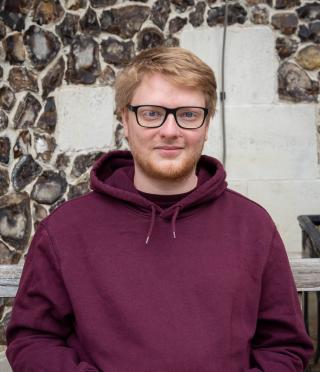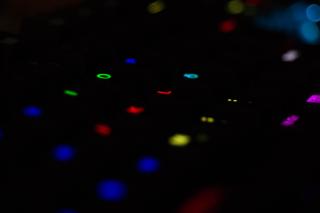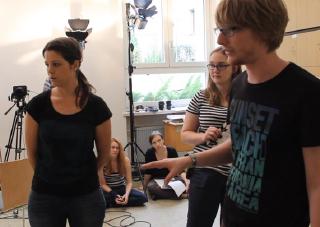About Me

I’m Alexander Niederklapfer and was born in Linz, Austria, where I grew up and also finished my first studies, a Bachelor in Technical Mathematics. Afterwards, I moved to Munich, studied General and Indoeuropean Linguistics (a Bachelor including a minor in Philosophy) and finally started my journey into the Philosophy of Science with a Master degree at the MCMP. Since then I moved to London to pursue my doctoral studies in Philosophy of Physics at the LSE.
Besides my academic life, I started very young with making movies for which my friends and I were first recognised with a Golden Nica at the Prix Ars Electronica in 2006.
My strong interests in all things Computers finds its expression in many unfinished hobby programming projects, and, most notably, in me having been working as a Cloud Architect for several years now, both full-time and part-time.
If that’s not enough yet, I am a passionate photographer, mostly capturing the wonders of the world when I travel. I am thinking of showing them off around here too!
Here is a current CV (last updated 12.1.2026): PDF.


